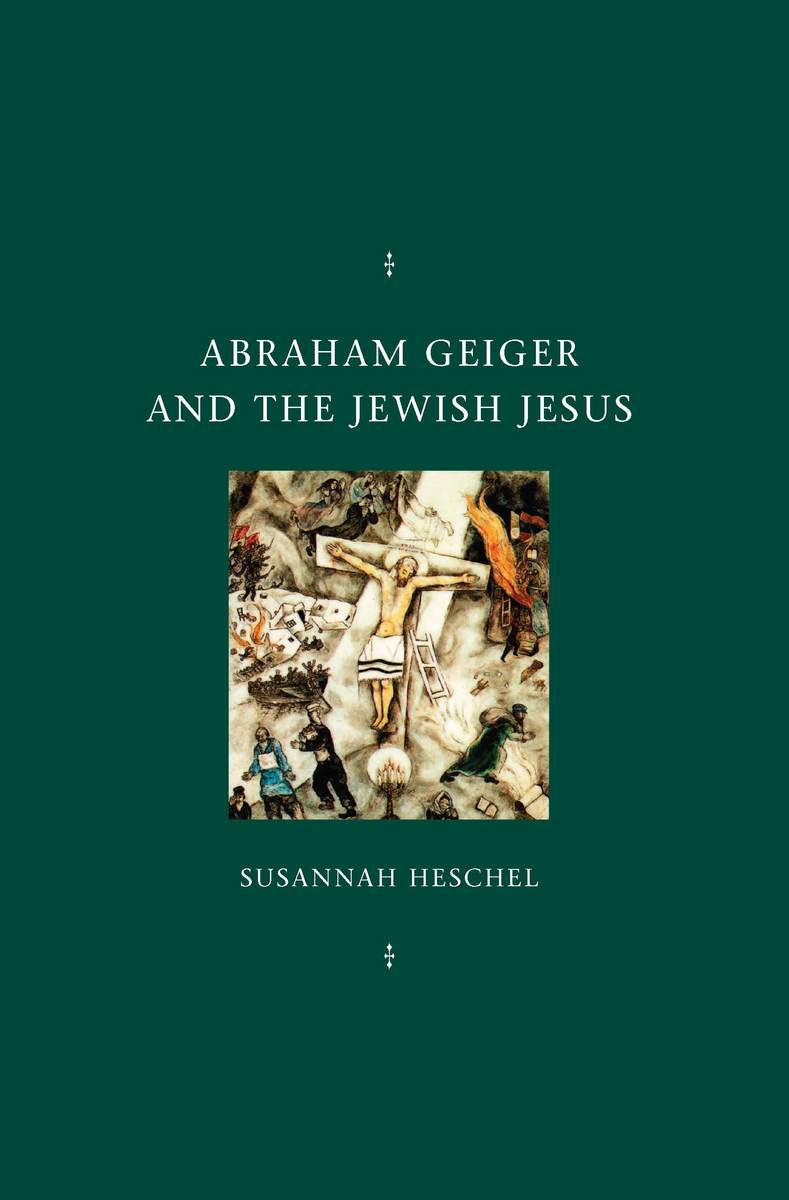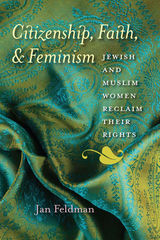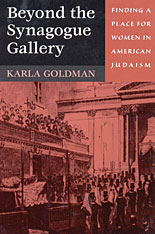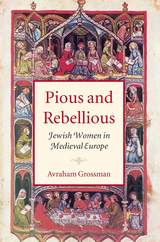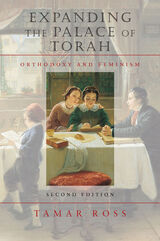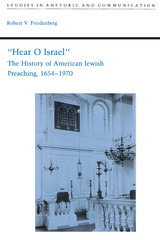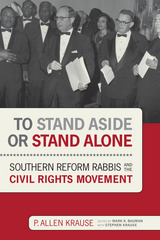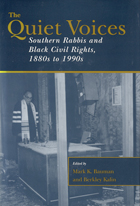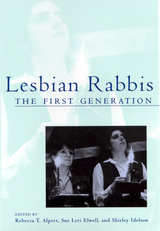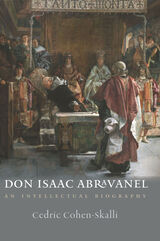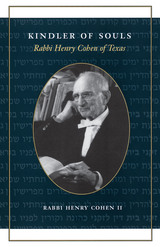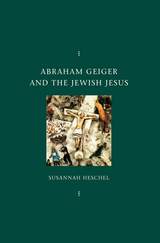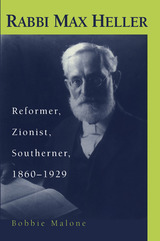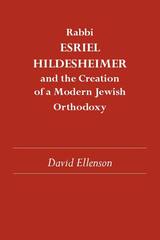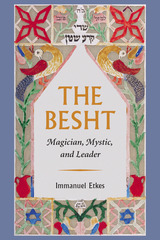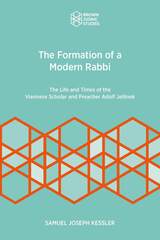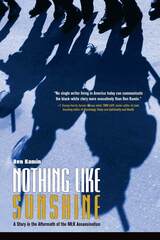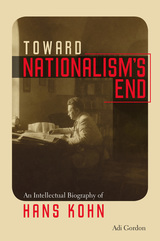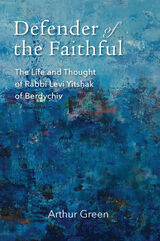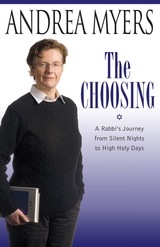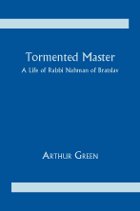Abraham Geiger and the Jewish Jesus
University of Chicago Press, 1998
Paper: 978-0-226-32959-8 | Cloth: 978-0-226-32958-1
Library of Congress Classification BM755.G4H47 1998
Dewey Decimal Classification 296.092
Paper: 978-0-226-32959-8 | Cloth: 978-0-226-32958-1
Library of Congress Classification BM755.G4H47 1998
Dewey Decimal Classification 296.092
ABOUT THIS BOOK | AUTHOR BIOGRAPHY | TOC | REQUEST ACCESSIBLE FILE
ABOUT THIS BOOK
Was Jesus the founder of Christianity or a teacher of Judaism? When he argued the latter based on the New Testament, Abraham Geiger ignited an intense debate that began in nineteenth-century Germany but continues to this day.
Geiger, a pioneer of Reform Judaism and a founder of Jewish studies, developed a Jewish version of Christian origins. He contended that Jesus was a member of the Pharisees, a progressive and liberalizing group within first-century Judaism, and that he taught nothing new or original. This argument enraged German Protestant theologians, some of whom produced a tragic counterargument based on racial theory.
In this fascinating book, Susannah Heschel traces the genesis of Geiger's argument and examines the reaction to it within Christian theology. She concludes that Geiger initiated an intellectual revolt by the colonized against the colonizer, an attempt not to assimilate into Christianity by adopting Jesus as a Jew, but to overthrow Christian intellectual hegemony by claiming that Christianity—and all of Western civilization—was the product of Judaism.
Geiger, a pioneer of Reform Judaism and a founder of Jewish studies, developed a Jewish version of Christian origins. He contended that Jesus was a member of the Pharisees, a progressive and liberalizing group within first-century Judaism, and that he taught nothing new or original. This argument enraged German Protestant theologians, some of whom produced a tragic counterargument based on racial theory.
In this fascinating book, Susannah Heschel traces the genesis of Geiger's argument and examines the reaction to it within Christian theology. She concludes that Geiger initiated an intellectual revolt by the colonized against the colonizer, an attempt not to assimilate into Christianity by adopting Jesus as a Jew, but to overthrow Christian intellectual hegemony by claiming that Christianity—and all of Western civilization—was the product of Judaism.
See other books on: Heschel, Susannah | Jesus Christ | Jewish scholars | Judaism | Rabbis
See other titles from University of Chicago Press
